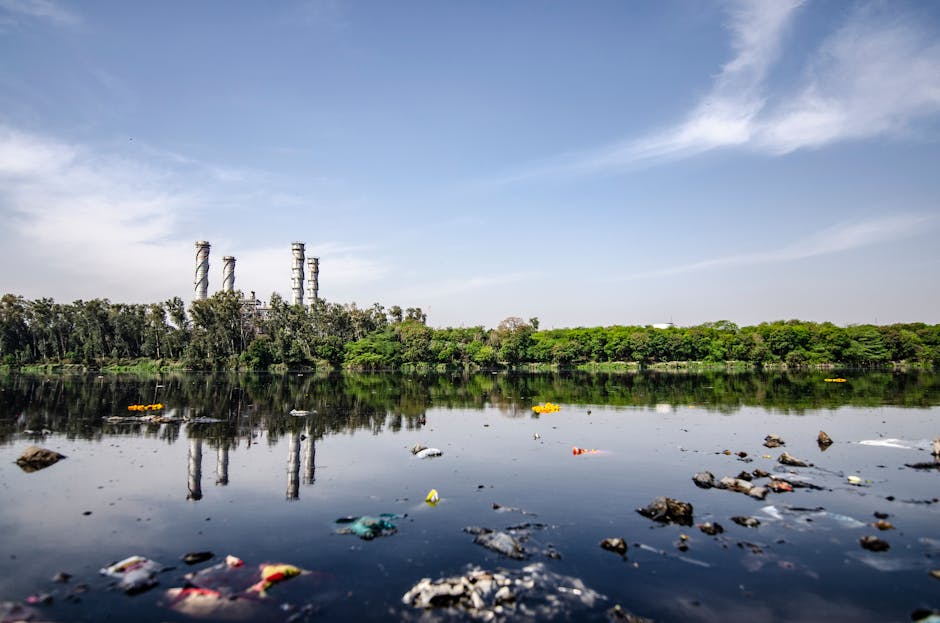ICAR Clashes with GM-Free India Over GM Rice Data
The Indian Council of Agricultural Research (ICAR) has strongly refuted claims by environmental group GM-Free India, labeling its allegations against genetically modified (GM) rice trials as “baseless and anti-development.” The dispute highlights India’s ongoing struggle to balance agricultural innovation with ecological and farmer concerns.
GM-Free India’s Allegations
GM-Free India, a coalition of activists and farmers, recently published a report accusing ICAR of conducting opaque field trials for GM rice in Punjab and Haryana. The group claimed the trials posed “ecological risks” and offered “questionable yield benefits,” urging a halt to further GM research.
ICAR’s Firm Rebuttal
ICAR, India’s top agricultural research body, dismissed the allegations as “misleading and unscientific.” It clarified that all trials followed strict biosafety regulations and were subject to government oversight. “These claims ignore scientific evidence and hinder progress in addressing food security challenges,” ICAR stated.
The Case for GM Rice
ICAR argues that herbicide-tolerant and pest-resistant GM rice could reduce pesticide dependency and increase yields—critical for a climate-vulnerable nation. Dr. Trilochan Mohapatra, former ICAR chief, emphasized, “GM technology is a key tool, not a threat, for sustainable agriculture.”
Opposition’s Stand: Risks and Alternatives
Activist Kavita Kuruganti of GM-Free India countered, alleging corporate influence in ICAR’s research. The group advocates for agroecology and traditional breeding, warning of genetic contamination and seed monopolies by firms like Bayer-Monsanto.
India’s GM Crop Conundrum
India’s GM debate remains polarized. While Bt cotton is the only approved GM crop, proposals for GM mustard and brinjal face resistance. Regulatory delays and political opposition have stalled decisions, leaving farmers and scientists in limbo.
What Lies Ahead?
With rice being vital to India’s food and export economy, the ICAR–GM-Free India clash signals deeper tensions. Will evidence or ideology prevail? The answer could shape India’s agricultural future.
Follow NextMinuteNews for updates on this ongoing debate.




